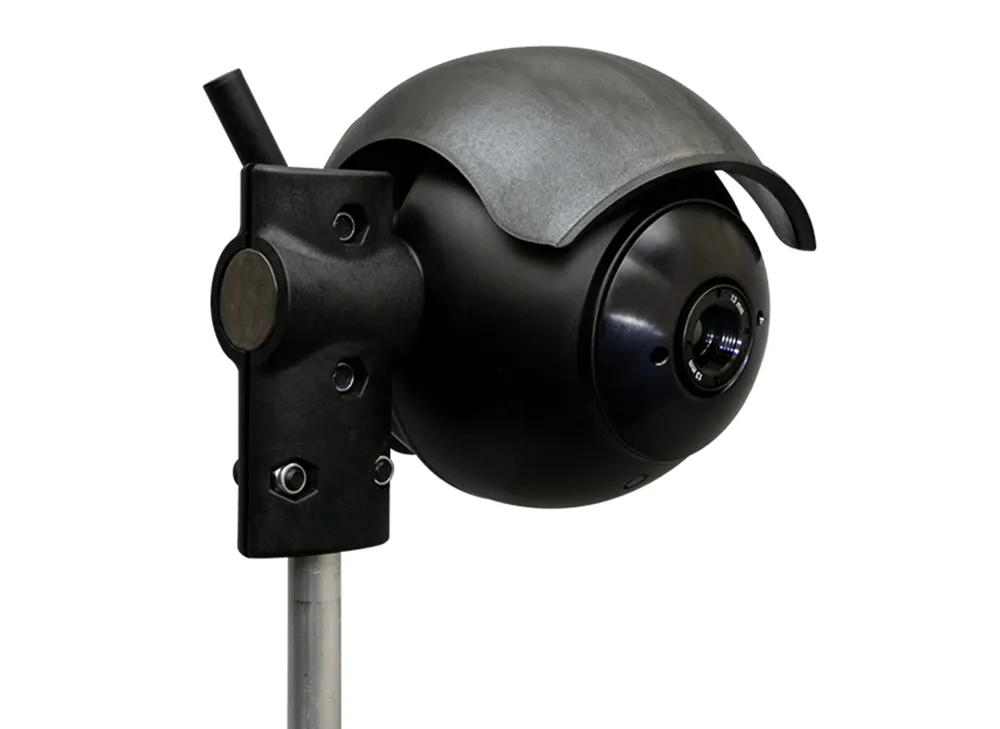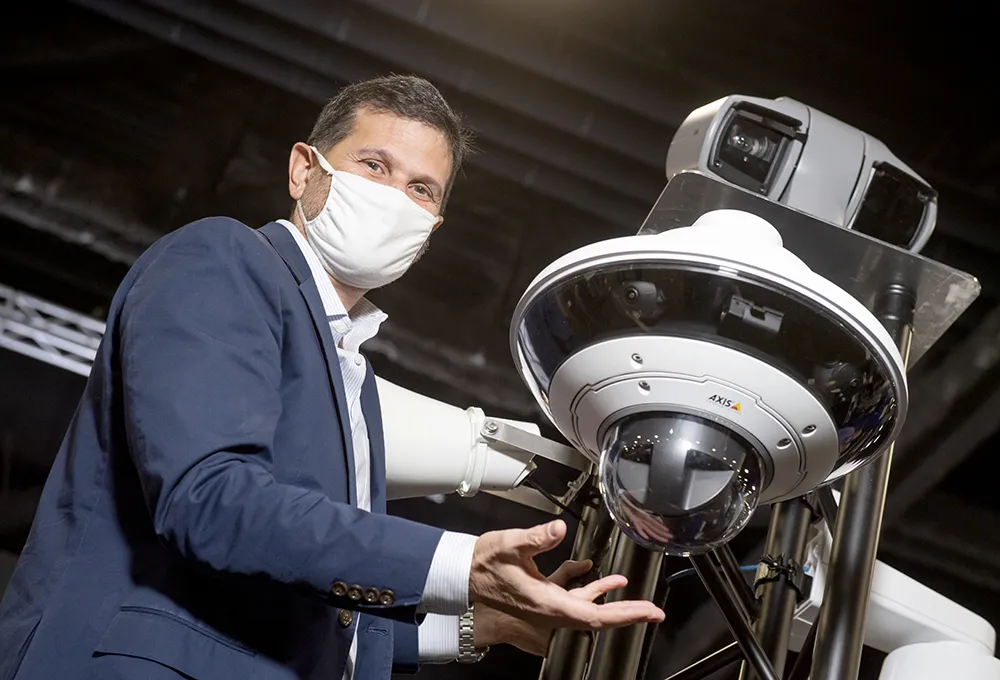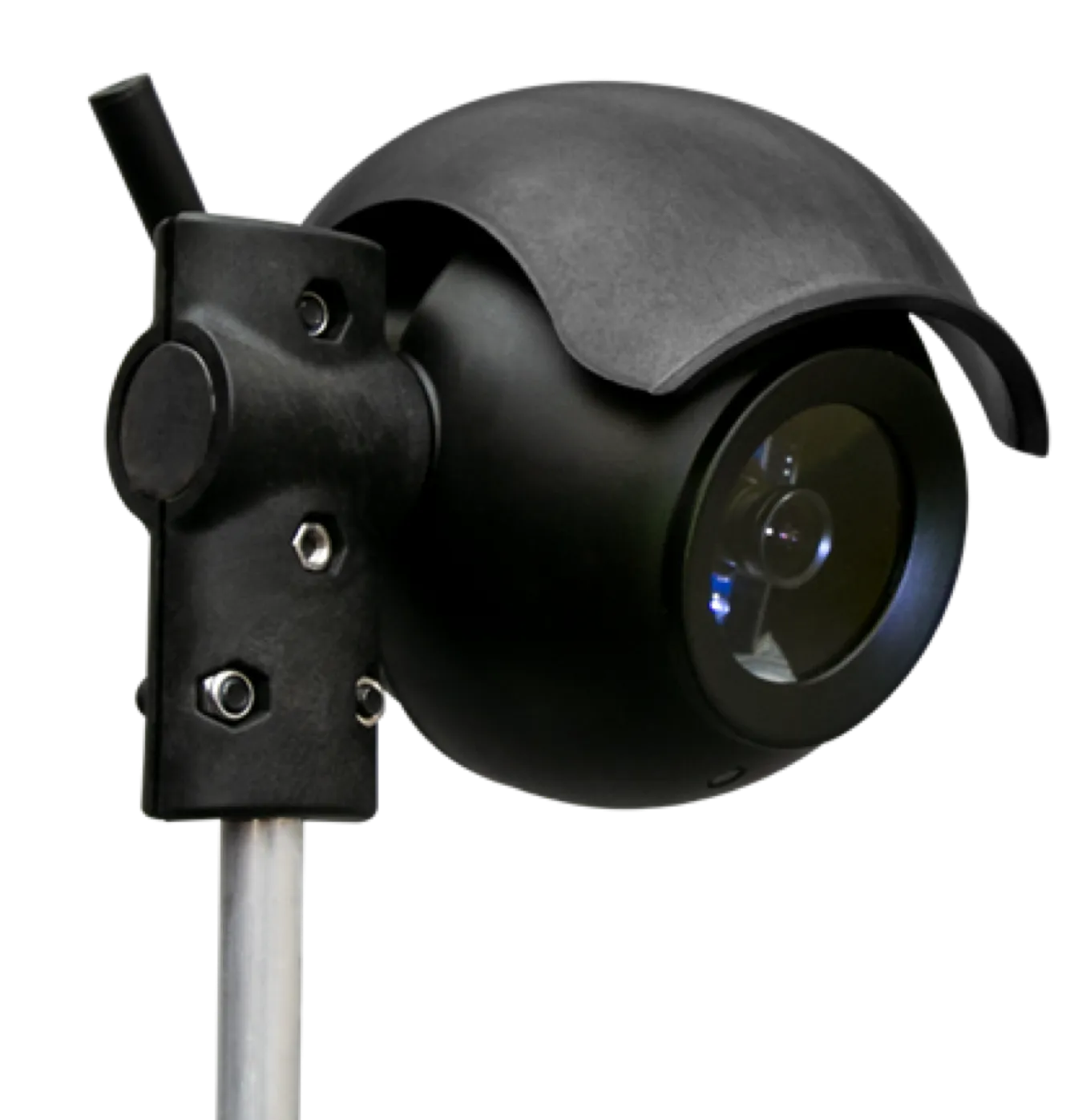
Kapsch TrafficCom's detection solution for vulnerable road users (VRUs) such as pedestrians and cyclists is to be installed across 19 intersections in the downtown area of Montreal, Canada.
The company's Orchestrated Connected Corridor (OCC) services suite will be used in the Notre Dame corridor and in Montreal city centre, to detect incidents, classify vehicles and VRUs, and to highlight wrong-way driving, congestion and other potentially dangerous situations.
OCC uses traffic data from existing video cameras and connected vehicles to provide drivers with real-time notifications about VRUs.
JB Kendrick, president North America at Kapsch TrafficCom, says: “Embracing the power of deep learning, we are not only enhancing safety but we also provide city officials with real-time data that can make immediate impacts."
Kapsch says OCC’s architecture enables "repeatable and scalable" services such as video and predictive analytics, decision support and demand management.
Its deep learning versatile platform (DLVP) takes video feeds from cameras and processes them with AI in real time, which Kapsch says improves response times to safety-critical events.
DLVP is hardware-agnostic, which means it does not require additional traffic cameras, and it can be customised to meet various traffic management needs.
A dashboard provides warnings and other relevant information to operators at the city's traffic management centre, with data from the DLVP fed into Kapsch’s Connected Mobility Control Center to broadcast specific alerts - such as congestion, stopped vehicles, pedestrians and bicycles - directly to drivers.









